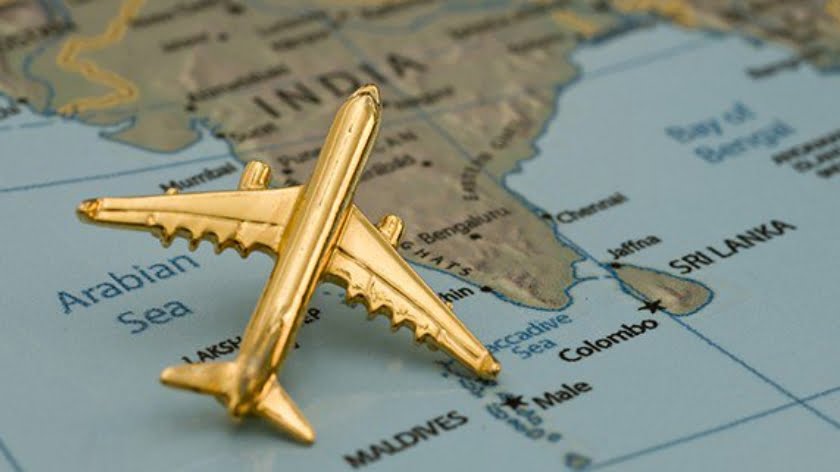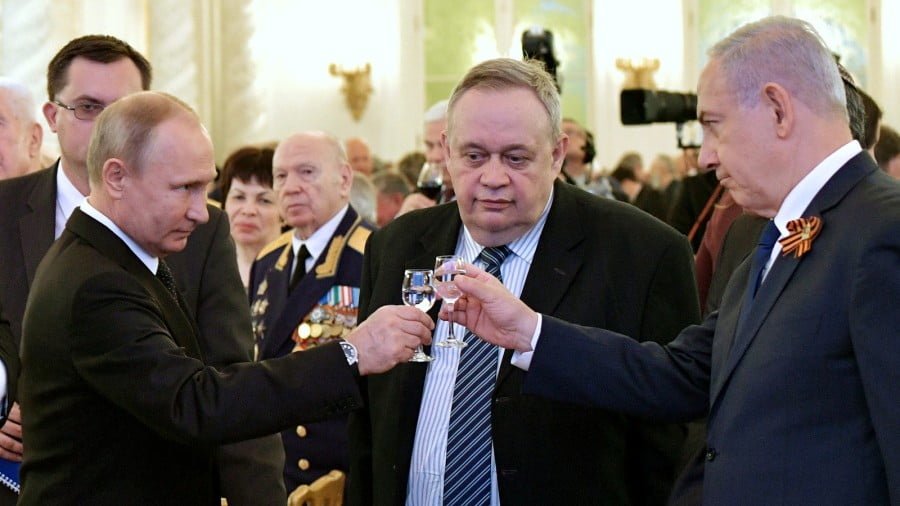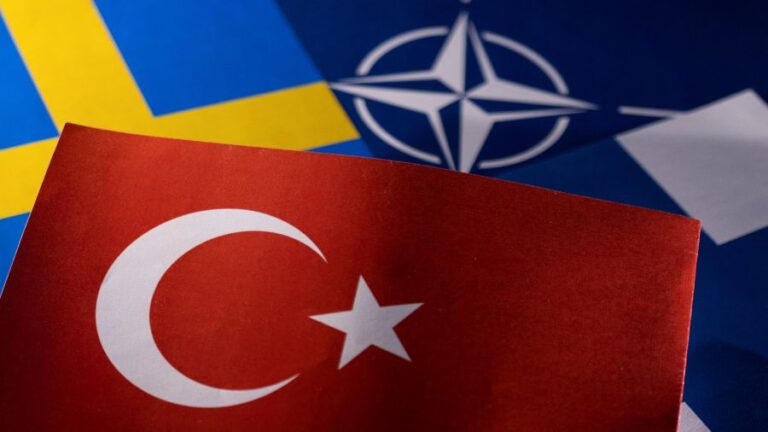India’s Finding Out the Hard Way that It Isn’t “America’s Exclusive Ally”
India hitherto thought that the US needed it more than the reverse and that’s why took its nascent military-strategic alliance with it for granted by trying to play “hardball” in pressing for a better trade deal, yet it’s now finding out the hard way that it isn’t America’s exclusive ally after Washington decided to follow in Moscow’s footsteps and “balance” South Asian affairs by providing $125 million worth of F-16s to its rivals in the global pivot state of Pakistan.
***
The Indian Ministry of External Affairs expressed “grave concern” to the US last week over the decision taken by their country’s new military-strategic ally to provide $125 million worth of F-16s to the global pivot state of Pakistan, something that totally caught New Delhi’s decision makers off guard after they hitherto assumed that Washington needed them more than the reverse and therefore wouldn’t arm their chief rival ever again. India has been under the Bollywood-crafted illusion that it’s the indispensable component of the US’ so-called “Indo-Pacific” strategy for “containing” China, especially after the summer 2017 standoff in the Donglang/Doklam Plateau, so it took its nascent alliance with it for granted by recently trying to play “hardball” in pressing for a better trade deal. That was absolutely unacceptable to the US’ billionaire businessman president who demands full support on his country’s terms when it comes to “containing” China in the military and economic domains, which when coupled with India’s refusal to reconsider its S-400 deal with Russia, provoked the US to play some “hardball” of its own.
The US stood in shock for the past several years as Russia advanced its 21st-century grand strategy of becoming the supreme “balancing” force in Afro-Eurasia by masterfully exploiting America’s missteps in the Mideast and beyond, but Moscow’s “Return to South Asia” earlier this year inspired Washington to recalibrate its regional strategy if it wanted any chance of succeeding with its “Indo-Pacific” plans. The reemergence of Russia as a credible “balancing” alternative to the US and China in this part of the world satisfies a crucial strategic demand that was sorely lacking up until that point and negatively impacts on the prospects of America’s zero-sum plans succeeding there. As such, it was only a matter of time before the US pragmatically decided to engage in its own “balancing” act — largely in response to India’s recalcitrance in accepting the comprehensive partnership deal on offer — by entering into a fast-moving rapprochement with Pakistan, whose irreplaceable peacemaking role in Afghanistan is much more immediately important for Trump than anything that India could provide.
The writing was on the wall for the past few months already ever since India was dealt a bloody nose by Pakistan earlier this year, which prompted the US to debunk New Delhi’s conspiracy theory that Islamabad used American-provided F-16s against it during their famous dogfight in late February. The issue is super sensitive for India because it can’t publicly accept that a JF-17 fighter jet that Pakistan jointly produced with China was responsible for the downing of its Russian-provided MiG-21, nor did it want the US “rebalancing” its regional strategy by reverting back to its historically strong strategic partnership with Pakistan in the aftermath of that embarrassing event, which is why the US’ decision to sell more F-16s to Pakistan is a stinging slap in India’s face. So too, for that matter, is the ambitious commitment that Trump made during his summit with Pakistani Prime Minister Khan last month to increase trade between their two countries by a factor of twenty, which would make the US a de-facto stakeholder in CPEC and explain its interest in mediating the Kashmir Conflict.
Everything is going from bad to worse for India and faster than it could have ever thought possible, all due to the fact that its over-hyped policy of so-called “multi-alignment” has totally failed to bring any tangible dividends for it over the years. India always intended to pivot towards the US at the expense of its “fellow” Russian and Chinese BRICS partners but thought that it could hide behind this “publicly plausible” euphemism the entire time, yet Modi made a serious blunder earlier this year by wanting to play “hardball” with Trump and therefore ruined years of hard diplomatic work in an instant. India’s relations with those three leading Great Powers will therefore never be the same after the self-inflicted damage that he’s done to his country’s reputation through his botched “balancing” act. All of this was entirely avoidable too had India not been blinded by the Bollywood narrative that it’s supposedly a “superpower” despite close to one million children dying there a year from lack of water, sanitation, proper nutrition, and basic health services.
India’s finding out the hard way that it’s not the US’ exclusive ally, nor is it Russia or China’s exclusive one either for that matter. In fact, by trying to be “friends with everyone” through its disastrous policy of “multi-alignment”, it ended up earning each of their distrust by openly “balancing” against whichever one of them was the targeted third party in its various bilateral arrangements, which is no easy feat to pull off when one would ordinarily think that India would naturally be the object of fierce competition between them because of its geostrategic potential. Instead, India defied conventional International Relations theory by behaving as though it’s the most important country in the world and expecting that it could do whatever it wants without consequence because it assumed that everyone else needs it more than the reverse. That fatal flaw in “thinking” is responsible for the seemingly never-ending series of Indian debacles as of late, and should be a lesson to all interested scholars of International Relations about the wrong way to carry out a “balancing” act.
By Andrew Korybko
Source: Global Research







